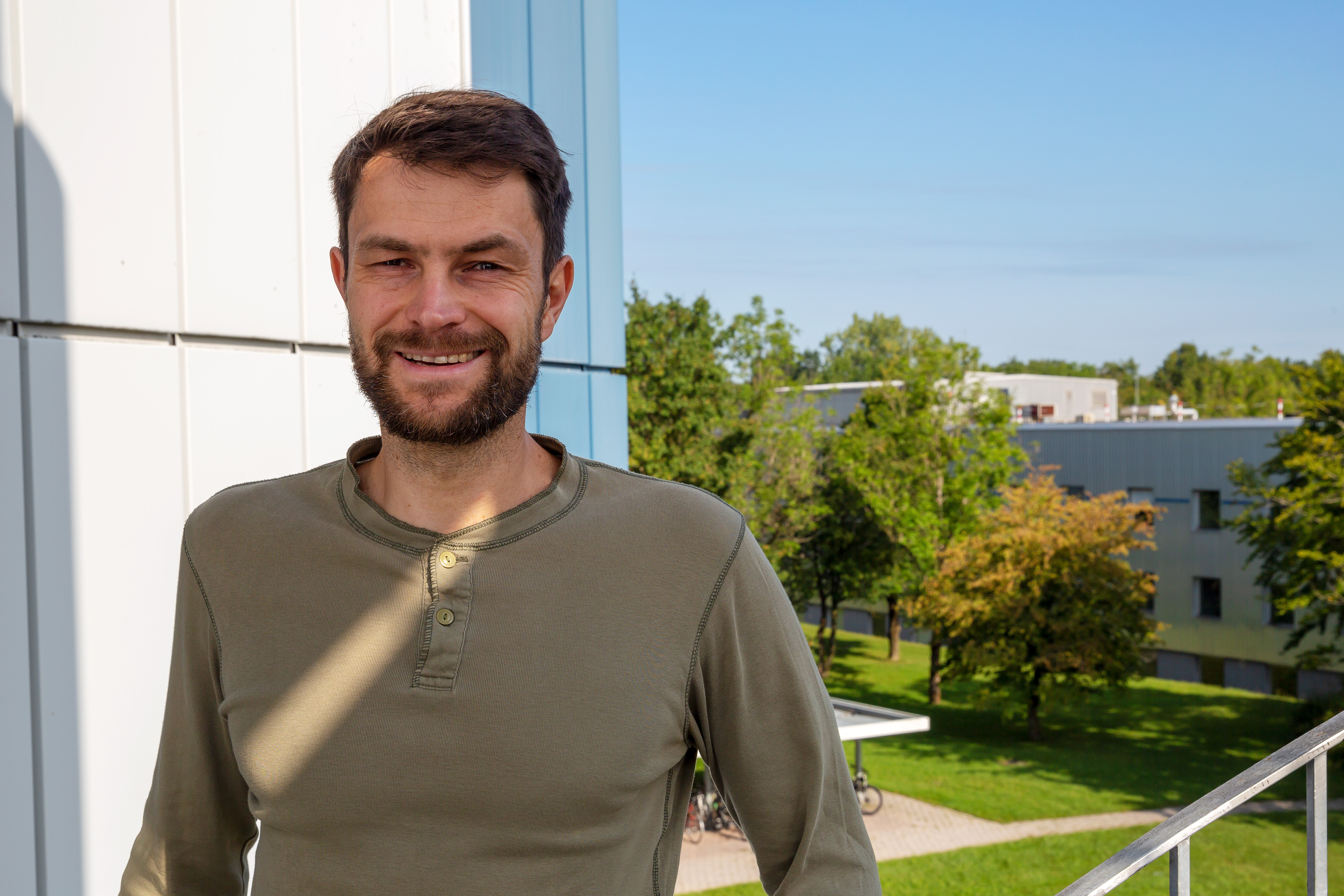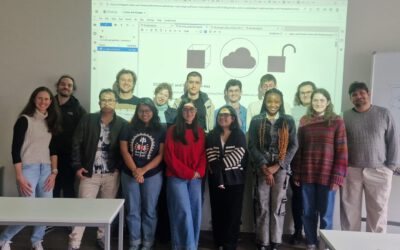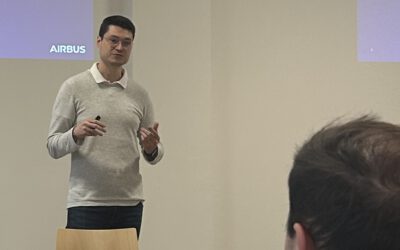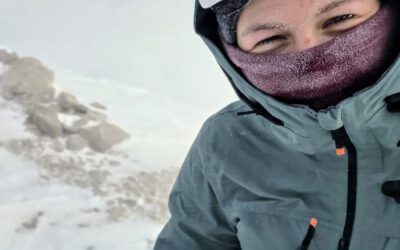
Dr. Frank Thonfeld joined the WASCAL-DE-Coop project team in August 2019. Frank grew up in a small village not far away from the birthplace of Sigmund Jähn, the first German in space. The fascination for the view from space on earth has seized him early. He studied geography (physical geography and remote sensing) at the University of Jena and later went to Bonn to obtain a doctorate. Frank became executive scientist of the center for remote sensing of land surfaces (ZFL) of the University of Bonn. Until recently, he was employed as PostDoc at the Department of Geography at the University of Bonn. He was involved in several projects dealing with climate adaptation, land use change and wetlands with regional foci in East Africa and Europe. In addition, he is also interested in remote sensing of forests including the impact of climate change and forest management processes. Frank has more than seven years of teaching experience.









